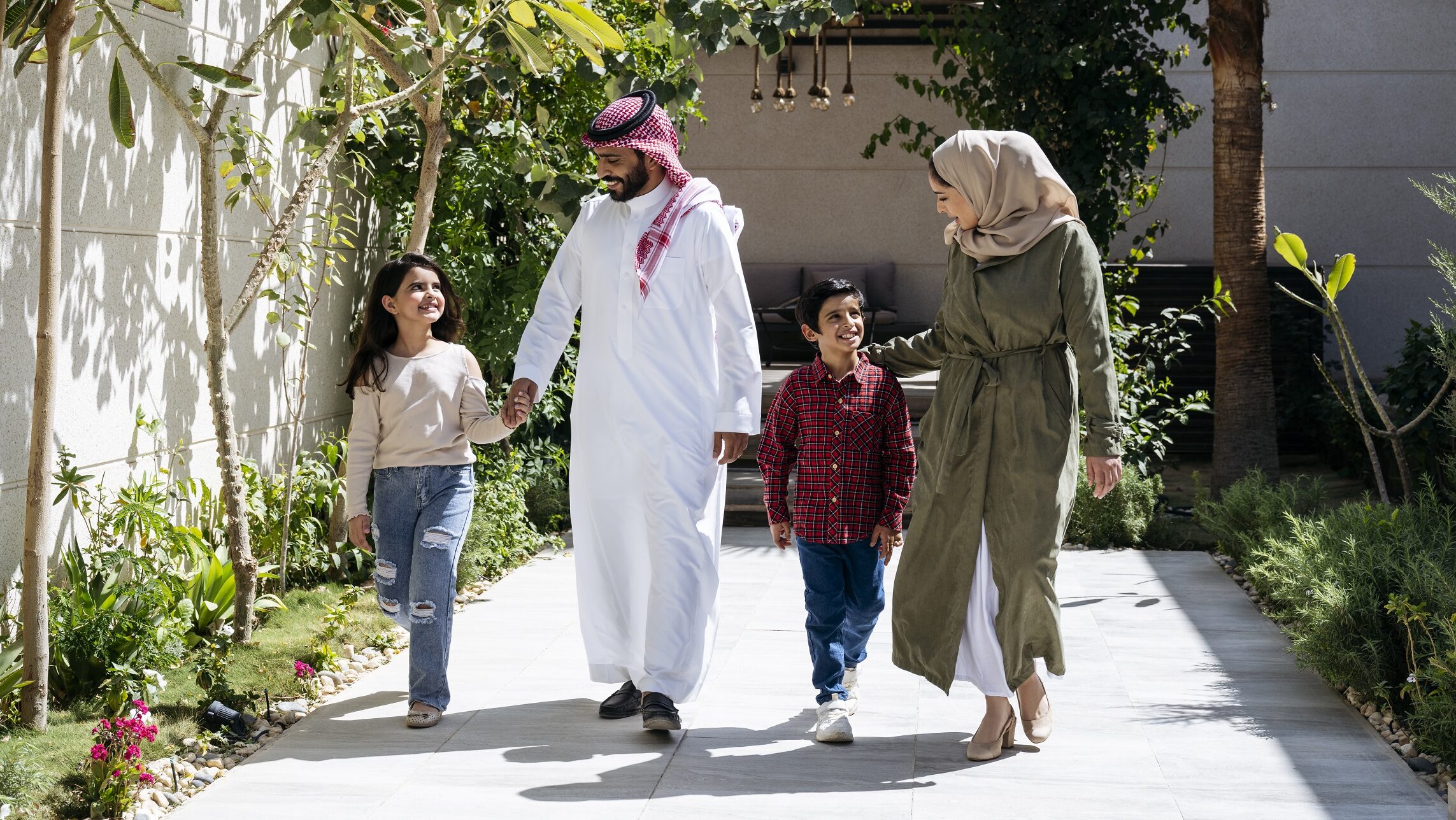Has Religiosity Declined in Saudi Society?
Asharq Al-Awsat, London, September 1
Over the past few years, Saudi Arabia has undergone extensive reform, ushering in a wave of change and openness. This has been met with criticism from extremists who claim that in this newfound openness, the country is becoming less religious. They often capitalize on events like concerts, film screenings, and sports tournaments to promote their radical beliefs. But do these claims hold legitimacy? Undeniably, religious observance has been waning in the Kingdom of Saudi Arabia. However, this has been replaced by a heightened appreciation of the true nature of Islam: one that is based on respect for individuals and their decisions, without coercing and enforcing belief and behavior with a heavy hand. Consequently, in Saudi Arabia today, there are a multitude of different cultures, ethnicities, and religions, all of which exist in harmony. The increased religiosity of extremists has been linked to higher rates of hypocrisy as people feel the need to conceal their true selves in order to conform. Following an upsurge of religious fervor in Saudi Arabia, the rate of this phenomenon decreased as people no longer felt they needed to feign a lack of belief. This in turn has helped bring about both diversity and strength of character within the nation. The radical religiosity of certain extremists has led to the devaluation of human life, with women removed from society and rendered invisible. In contrast, decreasing religious strictures have seen Saudi women rise to prominence in multiple spheres—as ambassadors, football players, chefs, and laborers, positions previously blocked to them. With stunning poignancy, we now witness the Saudi woman reclaim her rightful place in society. Saudi Arabia has become an attractive destination for citizens of other countries who wish to indulge in activities like watching movies, attending concerts, and participating in book fairs—activities that have been banned in their home countries. This shift in stance has won the country much acclaim from those seeking individual freedoms and happiness without restrictions or harassment. Nowadays, Saudi Arabia is accepting of all religions, cultures, races, and ethnicities. Its future vision is one of unity, where the unique nature of human diversity is brought together in a melting pot of inclusivity. The Saudi leadership has taken on a major responsibility, faced attacks from adversaries, and surmounted many difficulties. We are now seeing the successful outcome of these heroic actions: namely, the return of a more moderate form of religious practice. Unfortunately, this has led to extreme voices attacking the moral character of Saudi Arabia’s leaders, attempting to sully their reputation, and accusing them of going astray—which could not be further from the truth. —Mamdouh AlMuhaini (translated by Asaf Zilberfarb)
This holiday season, give to:
Truth and understanding
The Media Line's intrepid correspondents are in Israel, Gaza, Lebanon, Syria and Pakistan providing first-person reporting.
They all said they cover it.
We see it.
We report with just one agenda: the truth.



